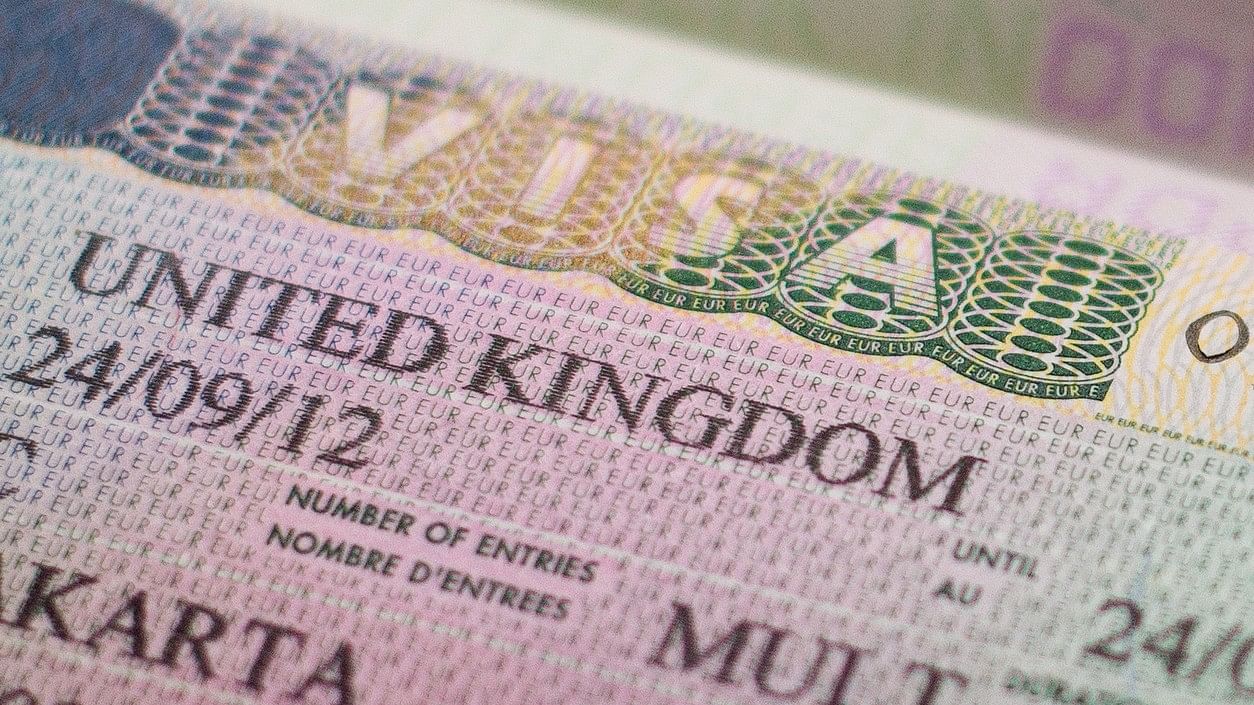
Representative image.
Credit: iStock Photo
London: Indians may continue to top the tally of student visa grants but they are beginning to show signs of being put off applying to UK universities amid greater migration curbs, the latest Home Office statistics revealed on Thursday.
The Home Office data for the past year until June 2024 shows a 23 per cent fall in Indian students coming to the UK for higher studies, even as they continue to represent the largest group granted leave to remain on the Graduate Route visa which allows foreign students to work in Britain for two years after their degree.
This fall in Indian student numbers is the first indication of the impact of tighter curbs on the right of most student visa holders to bring along dependent family members, which came into effect earlier this year.
“There were 110,006 sponsored study visa grants to main applicants who were Indian nationals in the year ending June 2024 (25 per cent of the total), 32,687 fewer than the previous year,” the Home Office statistics reveal.
“Most of the increase in foreign students between 2019 and 2023 were from Indian and Nigerian nationals, but numbers for these nationalities have fallen in the latest year (by 23 per cent and 46 per cent respectively),” it notes.
The India-UK Young Professionals Scheme, which involves a two-way flow of young graduates to live and work in either country for up to two years, brought in 2,234 Indian nationals since the first ballot was held in February last year – well below the annual 3,000 visa cap.
“In the year ending June 2024, Indian nationals represented the largest group of students granted leave to remain on the Graduate Route (67,529), representing almost half (46 per cent) of grants of Graduate Route extensions to main applicants,” the data reveals.
However, a gradual decline in student numbers will cause concern among UK universities as they struggle through financial pressures and rely on the much higher fees paid by overseas students.
The National Indian Students and Alumni Union (NISAU) UK fears a review launched into the Graduate Route visa last year, which concluded only in May to confirm it would not be abandoned, put many Indians off applying.
“It is critical that we ensure that the chaos and uncertainty that the review of the Graduate Route had led to is now fully put to rest. NISAU has engaged with millions of students in India to spread the message that the UK remains a warm and welcoming destination for Indian students,” said NISAU UK chair Sanam Arora.
Meanwhile, Indians continued to top the travel charts for the past year, with 25 per cent of UK Visitor Visas granted followed by Chinese nationals accounting for 24 per cent.
Under other work visa categories, the previous Conservative Party government raising the minimum annual income thresholds and clamping down on dependents under the Health and Care Visa – changes retained by the new Labour government – has led to a decline in foreign workers, including Indians, coming to the UK.
The data reveals: “The number of grants for ‘Health and Care Worker’ main applicants fell by 81 per cent to 6,564 grants between April and June 2024, compared with the same period in 2023 when there were 35,470 grants.
“The number of grants to main applicants on other routes in the ‘Worker’ category (which includes ‘Skilled Worker’ visas) has increased by 79 per cent since 2021, but in the latest year has fallen by 3 per cent.”
It comes as the Home Office had earlier announced an independent review by its Migration Advisory Committee (MAC) into two specific job sectors of IT and engineering to reduce the UK’s reliance on foreign workers. Indian IT professionals, who make up a large chunk of these visas, are likely to be impacted once the MAC review is tabled in the coming months.
“These sectors are vital to the UK’s economic growth and national infrastructure. They should be drawing from a growing pool of homegrown talent,” Seema Malhotra, Indian-origin minister for migration and citizenship in the Home Office, wrote in ‘The Daily Telegraph’ this week.
“Lack of domestic training for occupations ranging from healthcare to IT meant employers having to increase their dependence on overseas recruits instead,” she notes, criticising the previous Tory regime’s handling of immigration – an issue which dominates the cross-party agenda amid pledges to bring down soaring numbers.